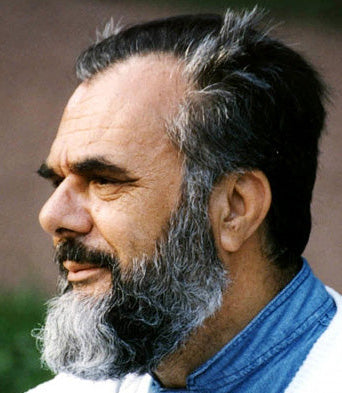Fuzûlî is one of the greatest poets of Turkish literature. He is not only a master of Turkish poetry but also composed works in Persian and Arabic that could form a divan. He deeply influenced those who followed him in this field. There are undoubtedly many factors that made Fuzûlî a powerful poet. However, one of the things that gave depth to his poetry was that he had studied the sciences of his time to the extent that he could write books. According to him, ‘Poetry without knowledge is like a wall without a foundation, and a wall without a foundation is worthless.’ He wrote love poems, but when he realised that they would not last long, he worked day and night to learn all the sciences. Fuzûlî's work, written in Arabic and titled Matlau'l-i'tikâd fî ma'rifeti'lmebdei ve'l-meâd, is a treatise on philosophy and theology that combines the two disciplines. Knowledge, the proof of the necessary, humanity's need for the institution of prophethood, and the importance of the afterlife for individuals and society are presented with a unique style and perspective. This work is evidence of Fuzûlî's mastery of philosophy and theology. To understand his literary personality and decipher the background of his poems, it is necessary to grasp the essence of Matlau'l-i'tikâd. While preparing the book for publication after a long interval, efforts were made to ensure consistency in writing, the books cited as sources were consulted as much as possible, the editions used were identified, and the passages cited were located. Within this framework, we have attempted to correct some technical deficiencies that we were certain of. A bibliography and, in particular, a detailed index have been added at the end of the book to facilitate the work of researchers.




